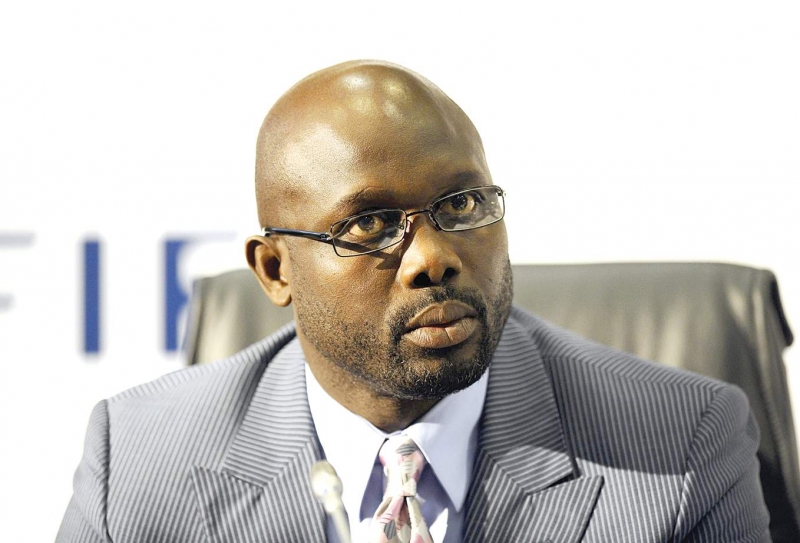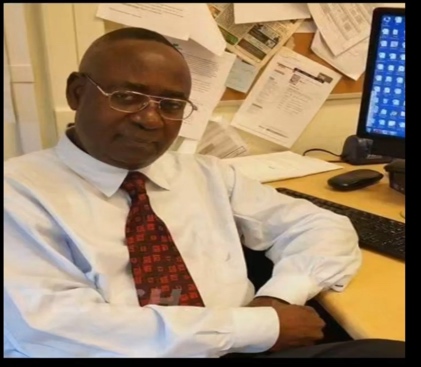I would like to start my article with the following quotation by the U4 Anti-Corruption Resource Center, Michelsen Institute in Norway, relevant to corruptions in Liberia.
“Despite high expectations placed on Liberia’s new president, his Excellency George Manneh Weah – who came to power through Liberia’s first democratic transition of power in more than 70 years – corruption continues to permeate Liberian politics and the public service. Allegations of patronage, nepotism and cronyism plague politics, petty corruption is rife, and judicial independence is weak. Moral and financial support to public integrity institutions is also limited, with the Liberia Anti-Corruption Commission (LACC), Financial Intelligence Unit (FIU) and other public integrity institutions without fully constituted leaderships. While advances have been made in the extractive resources sector, with Liberia making “meaningful progress” to respect the Extractive Industry Transparency Initiative standards, overall challenges remain significant (https://www.u4.no/publications/liberia-overview-of-corruption-and-anti-corruption)”.
Indeed, “history cannot give us a program for the future, but it can give us a fuller understanding of our ourselves, and of our common humanity, so that we can better face the future”. (Robert Penn Warren)
Americans naively expected that Liberia would fulfill the dreams of all involved; that repatriates would create a black unified version of Republican America, reinforcing the racial order and proving that colonialism could work – that it would become a civilized reflection of America in Africa. However, the Founding fathers had internalized white European racism, and began to engage in “white self-racialization”, which resulted in segregation and inequality.
Ms. Christine Convey in her article entitled: “Lives of Settlers in the American Colonization Society Experiment” pointed out, the idea that free blacks would somehow identify with the Africans of the Grain Coast, Caesar shows, is unfounded and untrue. Most Liberian colonists were born and raised in the United States and descendants of a wide variety of African cultures not necessarily originating in or around the Liberian territory. The exception to this rule is recaptured slaves, protected by the Anti-Slave Trade Act after 1819, who were looked after by ACS agents, but these made up a minority of the Liberian population. She concluded in her research that the settlers in Liberia maintain separate communities, do little in terms of interactions with surrounding Kpelle or Cru people already present within the borders and did not even consider them as Liberian citizens.
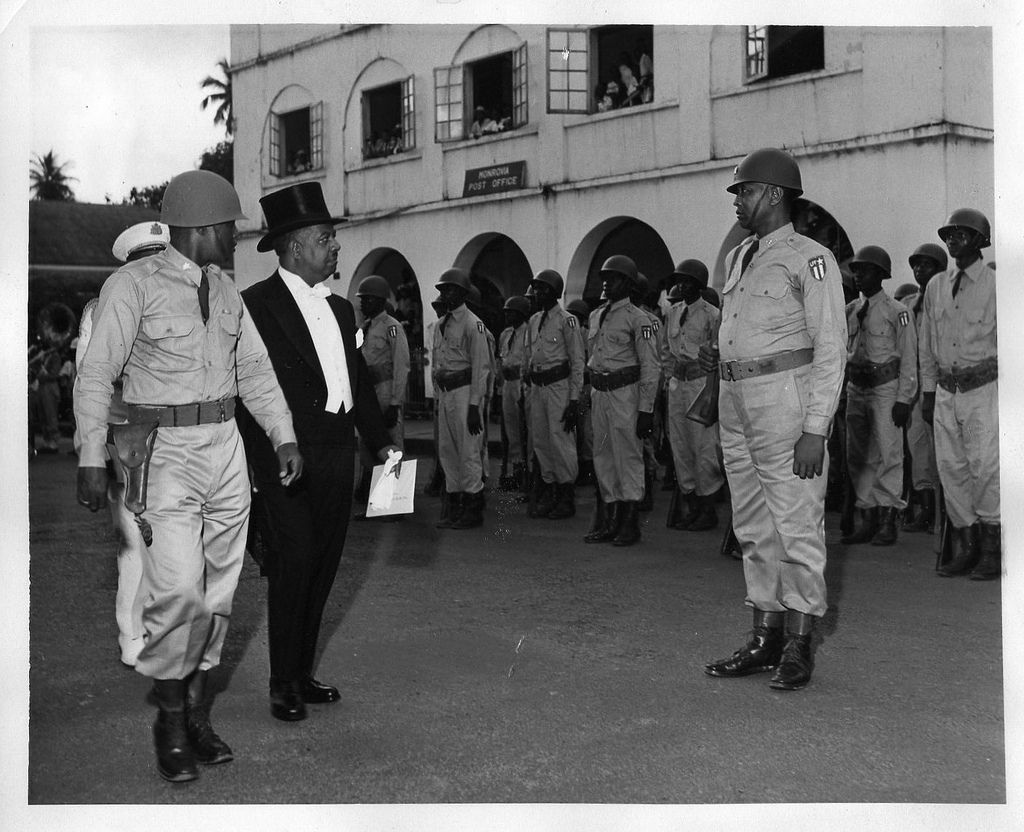 Frontier Force Blueprints formulated in 1847
Frontier Force Blueprints formulated in 1847
In my previous articles, I alluded that the first leaders such as Joseph J. Roberts, Stephen Allen Benson, etc., were individuals whose mindsets were rooted in the act of domestic servitude and not in the act of politics. They were not prepared intellectually and politically to set up a wholesome functioning political institution. They viewed politics from a narrow perspective that was not inclusive. As a result of this mindset, they proceeded to set up a government that created a line of demarcation between itself and the indigenous Africans. The indigenes were never a part of the political arrangement; they became integrated into the political realm after many decades. In fact, indigenous Liberians became integrated into the political realm around 1940, 93 years after the declaration of independence in 1847.
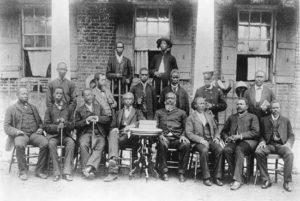
Henceforth, the Blueprint of Liberia from 1847, became a sad and unfortunate picture.
Blueprints by a country similar to Liberia’s Civil War Experience in Africa
There are several countries around the world implementing blueprints to foster in each of their nations. Even there are some countries in Africa that are endeavoring to formulate plans to gravitate their societies from the stone age environment into the realm of contemporary technological societies. A blueprint is an essential attribute in every man’s life; especially those who are serious and committed to advancing their lives and their respective societies. ‘Blueprint’ is usually perceived as a guide for making something or a design or pattern that can be followed. For example, an engineer will draw a blueprint to build or construct a bridge, or a building, etc. Logically, this is also true for the architects of a nation’s leaders to design a philosophy and vision upon which said society will function”, according to the Minister of Trade and Industry of Rwanda, Nsanzabaganwa Monique. She was speaking at the Second Ordinary Session of the Conference of the African Union Ministers of Trade on 27 May 2004 held in Kigali, as well as in various other important high-level events, H.E. Paul Kagame, President of the Republic of Rwanda repeatedly said, “In Africa today, we recognize that trade and investment, and not aid, are pillars of development.” With a view to enhancing growth, development and socio-economic transformation in Rwanda, the Government articulated the Rwanda Vision 2020 which establishes three broad development goals of the country. These are: (i) in short-term, promotion of macroeconomic stability and wealth creation to reduce aid dependency; (ii) in the medium term, transformation from an agrarian to a knowledge-based economy; and (iii) in the long-term, creation requires productive and competitive economic sectors including trade”(https://unctad.org/en/docs/ditc20092_en.pdf)).
Characteristics Essential for the Formation of Effective Blueprints of a Successful Governance
The Y Scouts Firm outlined Ten Ethical leadership Characteristics essential for the formation of effective blueprints of a successful governance in any nation, especially for developing countries.
1. Justice
“An ethical leader is always fair and just. They have no favorites and treat everyone equally. Under an ethical leader, no employee has any reason to fear biased treatment on the basis of gender, ethnicity, nationality, or any other factor”.
2. Respect others
“One of the most important traits of ethical leadership is the respect that is given to followers. An ethical leader shows respect all members of the team by listening to them attentively, valuing their contributions, being compassionate, and being generous while considering opposing viewpoints.”
3. Honesty
“It goes without saying that anyone who is ethical will also be honest and loyal. Honesty is particularly important to be an effective ethical leader, because followers trust honest and dependable leaders. Ethical leaders convey facts transparently, no matter how unpopular they may be.”
4. Humane
“Being humane is one of the most revealing traits of a leader who is ethical and moral. Ethical leaders place importance in being kind, and act in a manner that is always beneficial to the team.”
5. Focus on teambuilding
“Ethical leaders foster a sense of community and team spirit within the organization. When an ethical leader strives to achieve goals, it is not just personal goals that they’re concerned about. They make genuine efforts to achieve goals that benefit the entire organization – not just themselves.”
6. Value driven decision-making
“In ethical leadership, all decisions are first checked to ensure that they are in accordance with the overall organizational values. Only those decisions that meet this criterion are implemented.”
7. Encourages initiative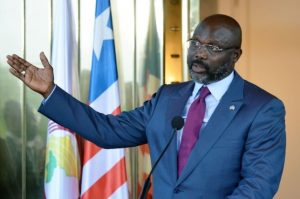
“Under an ethical leader, employees thrive and flourish. Employees are rewarded for coming up with innovative ideas, and are encouraged to do what it takes to improve the way things are done. Employees are praised for taking the first step rather than waiting for somebody else to do it for them.”
8. Leadership by example
“Ethical leadership is not just about talking the talk, this type of leader also walks the walk. The high expectations that an ethical leader has of employees are also applicable on the individual level. Leaders expect others to do the right thing by leading from example.”
9. Values awareness
“An ethical leader will regularly discuss the high values and expectations that they place on themselves, other employees, and the organization. By regularly communicating and discussing values, they ensure that there is consistent understanding across the organization.”
10. No tolerance for ethical violations
“An ethical leader expects employees to do the right thing at all times, not just when it is convenient for them. Don’t expect a leader of such high values to overlook or tolerate ethical violations.”(https://onlinelibrary.wiley.com/doi/abs/10.1002/job.627).
Conclusion
In Addis Ababa (Ethopia), on June 27, 2017, the Executive Secretary of the African Capacity Building Foundation (ACBF) Professor Emmanuel Nnadozie, affirmed that “Africa needs to tackle challenges of weak governance, high levels of corruption and the inefficient growth common in most African countries. if Africa were to reach its development tipping point, the continent very much needed a mindset change that would lead to transformative leadership’((https://www.acbf-pact.org/media/news/mindset-change-and-transformative-leadership-what-africa-needs ).
The problem in Liberia is about corruptions since its inception as a Sovereign nation. The age of a Liberian president has never been a problem. Corruptions by government officials is one of the crucial issues confronting the Liberian Republic.
Let me end my article by a quotation by Dr. Edward Wilmot Blyden, one of Africa’s enlighten intellectuals.
According to Dr. Edward Wilmot Blyden in 1857, projected a blueprint of Liberia, is one of selfishness, love of materialism and corruptions.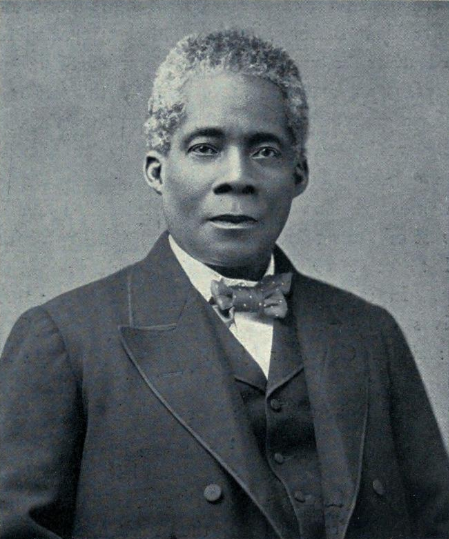
He said: “What are the moral causes of the present evils in Liberia?…as a people, we have been in too much haste to be rich. Relinquishing the pursuit of those attributes that would fit us for the faithful discharge of our peculiar duties as men, as Liberians, as an infant nation, we have used every possible measure to enhance our pecuniary importance; and in the precipitate efforts at wealth, we have not been careful as to what means we have employed. The desire to be rich, or to appear to be rich, pervades all classes. The love of money…has grown upon us to such a degree that all other avenues of distinction seem but trifling in comparison of those which lead to the acquisition of money. To be rich seems with many ‘the chief end of man.’ Hence, no talents, no endowment of the mind, no skill or knowledge, no amount of education, is appreciated only so far as it will pay. This fact has operated greatly in retarding the literary progress of our youth” (Dr. Blyden’s Speech, 166 years ago).
Liberian leaders must craft a new blueprint, designed to help Liberians to learn from the lessons of the 1980s and the 1990s which produced unfortunate historical events. Yes indeed, said new blueprint, must be able to reconcile these historical missteps and help all Liberians to develop a new frame of mind that will be reflective of the values , cultures of Liberia and develop a sense of oneness as an African nation. For the sake of our children and grandchildren, each one of us must sacrificed our individual desires for wealth, the ‘desire to be rich, or to appear to be rich’ at the expense of the development of our nation.
The former President of the United States of America, President John F. Kennedy’s inaugural address inspired not only Americans but the whole world, to see the importance of civic action and public service. His historic words, “ask not what your country can do for you-ask what you can do for your country,” could challenge each one of us as Liberians, to contribute in some way to the public good, using our respective positions to be a service to our people. Indeed, our ignorance of the past is not the result of a lack of information, but of our indifference to its lessons. Our view of history shapes the way we view the present, and therefore it dictates what answers we offer to solve our current socio-economic or political problems.
The Author
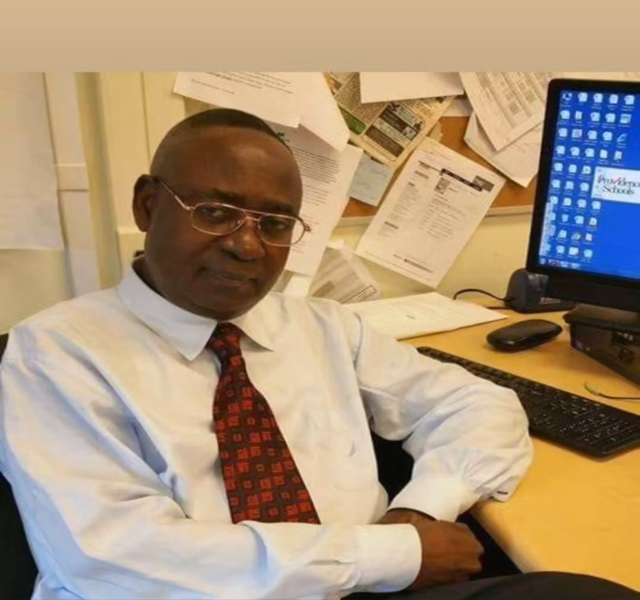
Mr. Edmund Z. BargblorThe Author: Mr. Edmund Zar-Zar Bargblor is an Educator and an Author. He worked as an Educator, in Providence Schools Department, RI & Washington, D.C, School System, United States; Bong Education System, as Head of Department of Mathematics in Liberia . He is a graduate of Cuttington University, Liberia, Howard University, Washington, D.C, and Israel Institute of Technology, Haifa, Israel. He is a former Deputy Managing Director of the National Port Authority of Liberia, NPA. He can be contacted at: [email protected]

